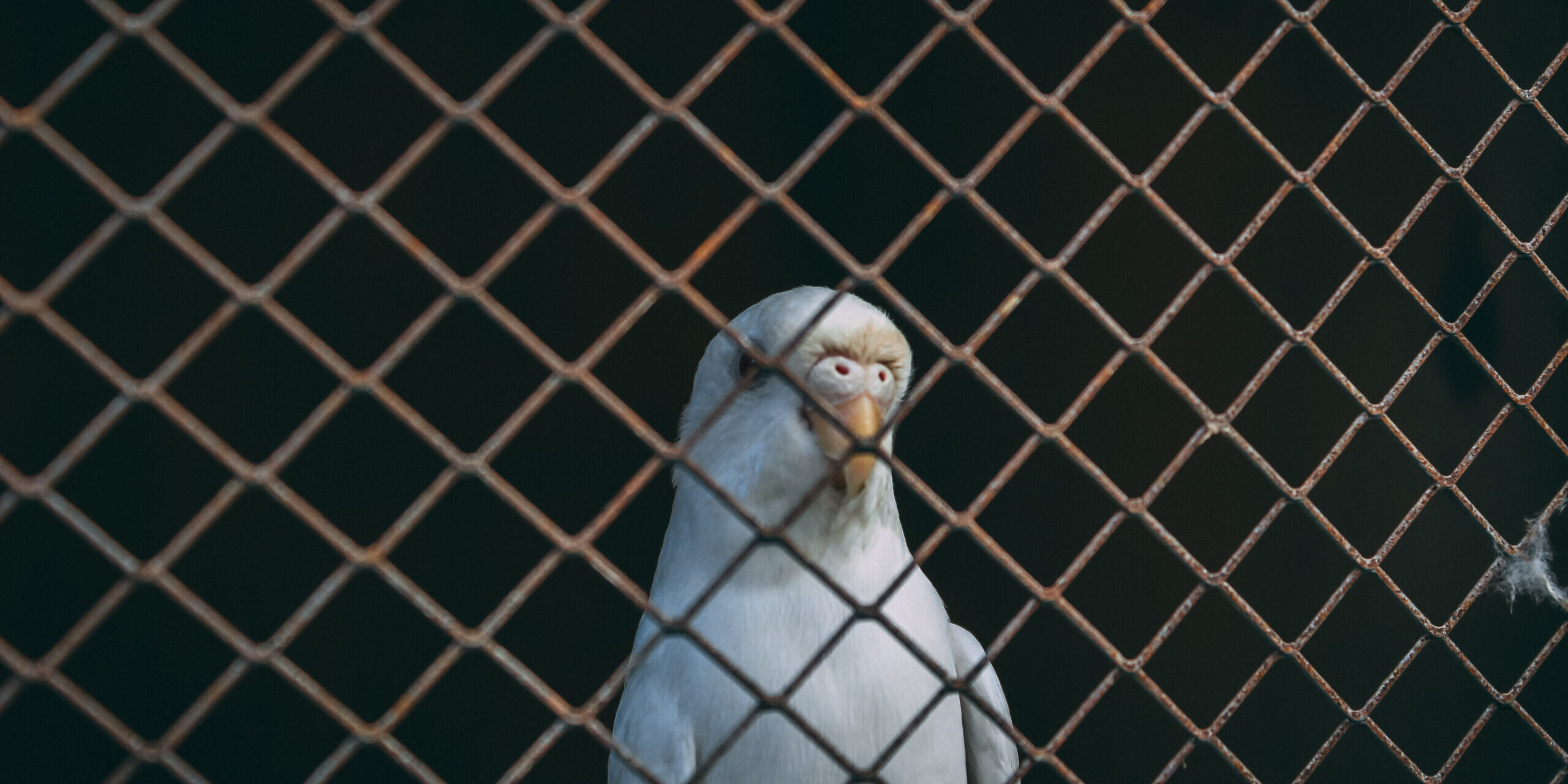More Equal Than Others: Humans and the Rights of Other Animals
Introduction
In 2013, a group of animal rights lawyers known as the Nonhuman Rights Project (NhRP) made international headlines when they filed a lawsuit on behalf of Leo and Hercules, two chimpanzees used for research at Stony Brook University in New York. The NhRP argued that the chimpanzees are legal persons with a right to bodily liberty, and that they should therefore be released from Stony Brook and transferred to a sanctuary.
The case has raised fundamental questions not only about the current legal status of animals, but also concerning the relationship between animal rights and human rights. As the BBC asked in its reporting on the case: ‘Should animals have the same rights as humans? Or would the conferral of rights on animals undermine the rights of humans, especially those who may lack relevant capacities such as autonomy and thus an interest in bodily liberty?
In this book, I will explain that both those arguing for an extension of legal rights to animals as well as those worried about how such extensions might undermine the equality and rights of human beings have a point. Failing to extend legal rights to some animals means withholding vital protections from them that they deserve based on their capacities and interests. But granting them rights based on these capacities and interests threatens to undermine the status and rights of human beings who lack the relevant capacities and interests, or possess them to a lesser degree. I propose a practical yet unorthodox solution to this conundrum: in law, rights and other legal entitlements should be granted to animals on the basis of the species to which they belong, and not based on the capacities or interests that individual animals have. I call this position the Species Membership Approach (SMA).
Copyright © 2024 Oxford University Press
Contact us via email for more information.


